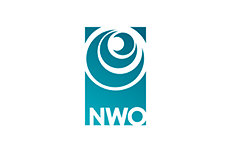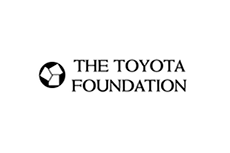inFRONT: A Research Program on Investment Frontiers of Sustainability Transitions
The ‘Inside the Investment Frontier’ program will offer a new perspective on sustainability transitions that create and recreate resource frontier dynamics in global South.
The team pays particular attention to spatial and sociopolitical consequences of investments made under the ideal of sustainability transitions, including expansion of nature conservation areas, opening and closure of mineral extraction sites, and new eco and smart cities.
How and why do sustainability transition initiatives shape new resource and urban frontiers? What are the environmental and social impacts of the frontier development? How do we ensure ‘justice’ when people living inside the frontiers are negatively impacted?
For example: A wide range of globally articulated investment projects – often aiming to achieve sustainable development – such as urban infrastructure development, mineral extraction, agribusiness and forestry, nature conservation and tourism development – have led to displacement of millions of people worldwide.
While much emphasis has been placed on compensation and livelihood restoration of the displaced and self-planned resettlement, it remains unclear whether and how these displacement experiences and new settlements could lead to sustainable community-rebuilding and local and regional development. One of the main themes of inFront project is to think about how to ensure justice in resettlement planning and make useful policy recommendations to international and national policy makers and development professionals (see publications).
- Community rebuilding processes in conservation displacement and resettlement in Limpopo National Park, Mozambique (research funded by Toyota Foundation, 2018-2021, with extended local collaboration with Eduardo Mondlane University).
- Mapping out spatial patterns of displacement and resettlement and land change in expanding ‘green’ mining and natural gas frontiers of Cabo Delgado Province, Mozambique (research funded by NWO, 2019-2023).
Research background > Responsible pathways to sustainability: How electric car production impacts Mozambican lives – Background – Universiteit Utrecht (uu.nl) - Exploring effects of existing coal frontiers and emergence of ‘extractive urbanism’ in Tete Province, Mozambique.
- Expanding extractive frontiers, climate governance and political dynamics in the Brazilian Amazon (starting in January 2022).
- Investigating the potential social and environmental implications of hydrogen investment and trade in the Global South, particularly Brazil and South Africa.
This programme will open a new research field of sustainability transition impacts on displacement and resettlement and other spatial dynamics at a global scale.
Funding
This research programme is funded by the Netherlands Organization for Scientific Research (NWO) through an Aspasia Research Grant, and by the Toyota foundation.



